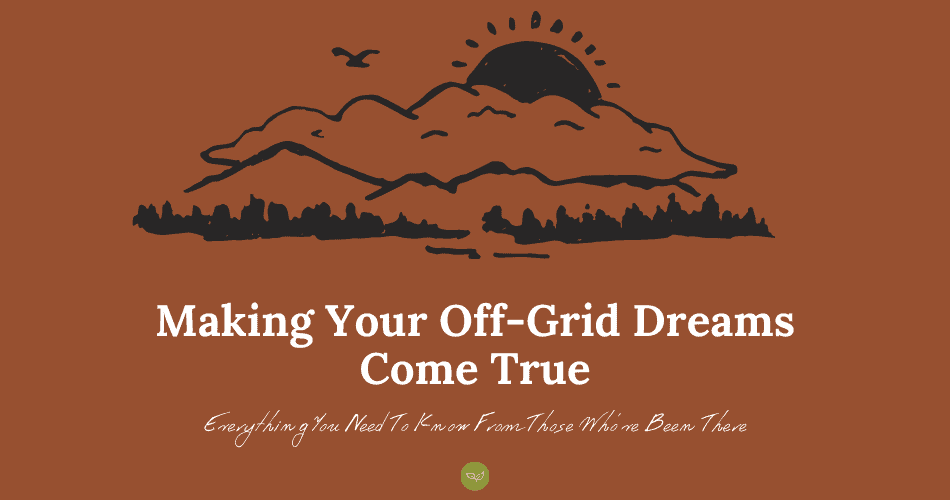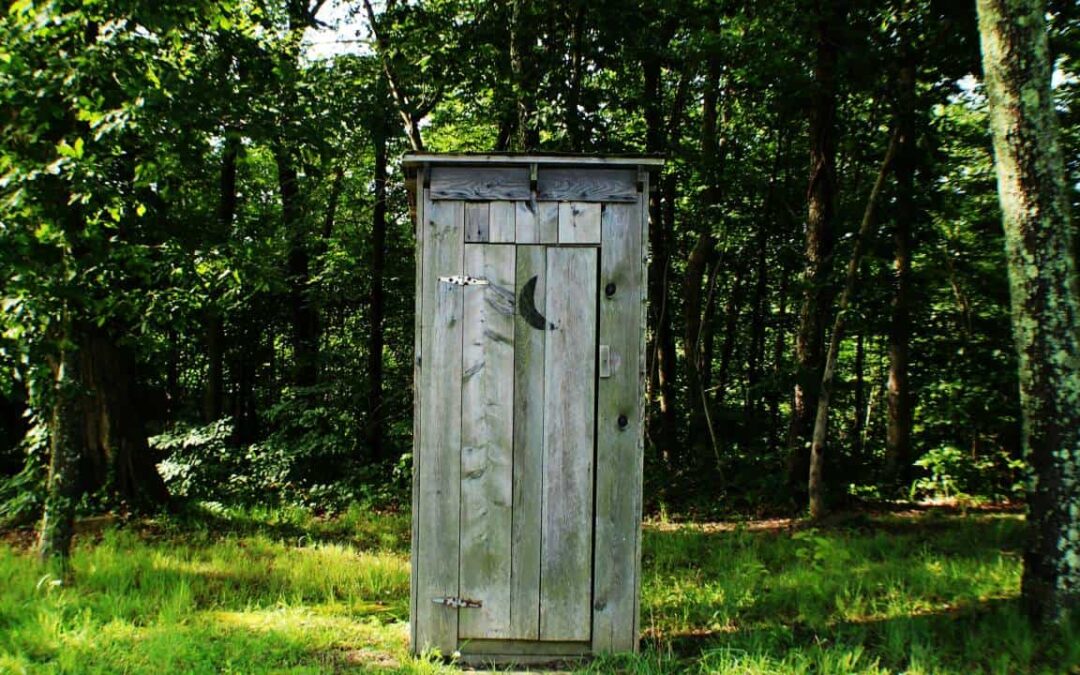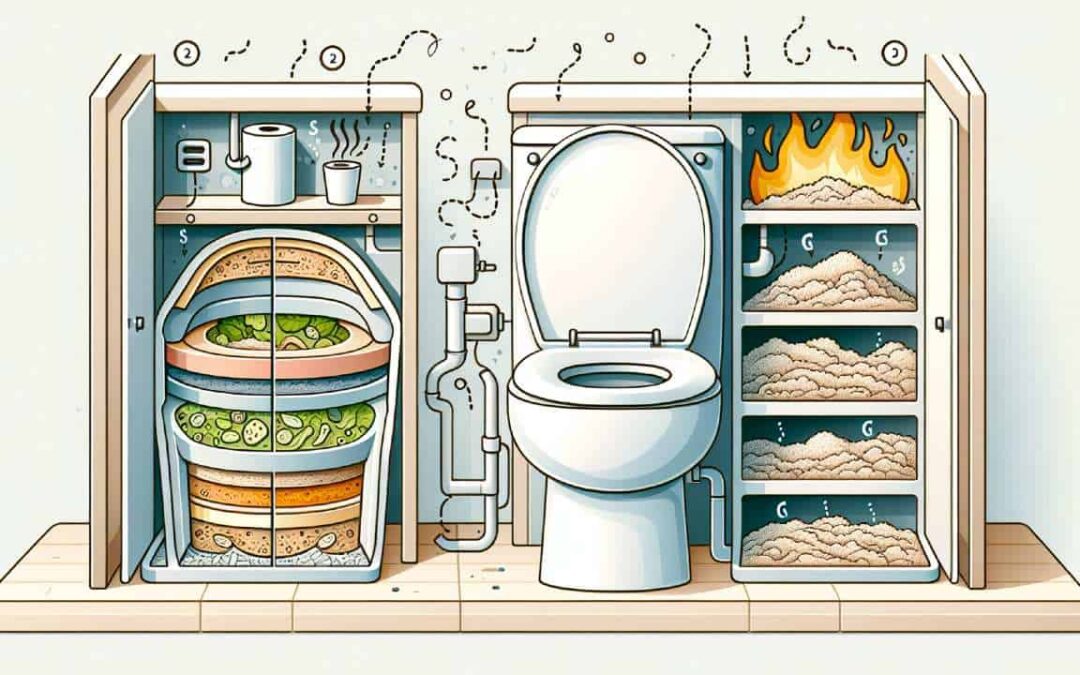Whether it has been a lifelong dream of yours, a sudden whim to have a weekend escape 9-5, or you simply want a challenge, surviving off the grid is a serious undertaking.
And while making the jump to off-grid living is challenging, it can be the most rewarding decision you make in your lifetime.
I’ve personally been living off the grid for over a decade and while it’s been a struggle at times, the joy and beauty this lifestyle has given me has been vast, and I feel gratitude and excitement to share some aspects of this lifestyle with you.
This article will touch on the basics of off-grid living, important things to consider, and the many benefits this type of lifestyle can grant you.
Before we get started, it’s important you understand this one thing…
It’s okay to make mistakes.
Let me repeat that.
It’s okay to make mistakes.
And when it comes to living off the grid, it’s inevitable. Consider yourself fully indoctrinated to this lifestyle living when you discover that you’ve spent a day working on your roof only to have it leak the first time it rains.
When things like this happen, you need to be able to laugh at yourself and not take life too seriously. You’ll also need to know how to prioritize tasks and plan ahead.
The biggest thing is that you need to be okay with getting dirty and doing a job yourself, even if you’re not sure how. Just do it and don’t be afraid to try it.
You’re going to step outside of your comfort zone frequently when you live off the grid. Remember that you aren’t in competition with anyone. This is a lifestyle change, not a race. Enjoy it.
Why Live Off the Grid?
When you are tired of sitting in traffic, close your eyes and think about this:
It’s a warm spring day in the middle of May. It’s 2 o’clock and the sun is shining on your skin, fishing pole in hand, as you wait calmly on the banks of the river for a fish to bite.
And as you sit there enjoying the cool breeze as it gently brushes against your face, you see the most beautiful bald eagle. Nowhere to go or be. Just enjoying the moment, completely relaxed.
I don’t know about you, but that scene rarely gets old for me.
Getting off the grid means that you won’t have to hit the brakes for anything other than the occasional rabbit or turkey that crosses the road in front of you.
Instead, you’ll still have stresses of a different type.
Do I have enough water to get through the month? Did I plant enough corn?
These types of stress are so different that they don’t feel like stress. These are simple challenges of trying to live sustainably.
So why live off the grid?
Getting off-grid can save you a small fortune:
You will have some upfront costs, but these can be worked around if you are savvy.
For example:
- Land – you can shop around and find a property in many different states that can be purchased with owner-finance options, regardless of credit. I’ve personally purchased an acre for $100 down and it is 15 minutes from a huge lake.
Using less cash up front means more money that you can put into supplies and building your shelter.
Make sure that your property isn’t in a flood plain. Check FEMA maps that are available for every state. Western states are prone to flash floods.
Ensure that your property is surveyed properly to avoid headaches later. People put fences on the property that isn’t theirs all the time and getting it taken down isn’t as easy as you’d think.
Also, be sure that the person selling you the property actually owns it. Courthouse records are public. Check the local tax assessor’s office for the public records of any property.
- Water – If you are wise and choose a piece of property with free options, you’ll never have an expense for water.
Choose land where there is good average rainfall each year and you can live on filtered rainwater. Set tanks in place to collect water and let Mother Nature take care of matters for you.
If you can find a property with a running water source, you can use a ram pump that will use its own energy to pump itself into your home. You can filter that water as well to make delicious drinking water.
The average person uses 6 gallons of water per day. If you have a family of 4, you’ll need at least 24 gallons of water per day to survive minimally. Don’t forget your animals too.
- Shelter – Choose a location where supplies can easily be obtained and transported in, you can build your own small home. Many building materials can be salvaged for free or bought at thrift stores.
For those who want to avoid building a frame from scratch, but your property is accessible by road, consider getting a small pre-built cabin. In fact, you can choose a rent-to-own cabin that is an exterior shell only. You can have one of these delivered and leveled for less than $500 down.
If you are too far back in the woods, then consider using wood from your own property to build an old-school cabin. The old settlers used a mixture of clay, mud, and straw to make ‘chinking’ that went between the logs for keeping the elements out.
There are many options in building a shelter and you should weigh all of your options and think outside the box. Yurts, for example, make a fine choice and the canvas and materials can be pulled into some very remote locations on sleds behind ATVs.
Strawbale building is an amazing building technique that is both flame retardant and extremely insulated from hot summers and cold winters. Attend one of the weekend strawbale workshops around the country and learn how to build your home.
Sandbag homes are easy to build and require 1) access to plenty of dirt to fill the bags and 2) sandbags. It’s laborious but results in a very unique building that is solid, well-insulated and essentially free, without a single nail.
Living Off The Grid Gives You a lot of Freedom:
Wake when you want. Alarm clocks gradually make way for the first sunlight of the day that playfully beckons you to come outside.
Moving to the country, whether it be the woods or the prairie, brings you in step with nature. Your circadian rhythms will reset and find you ready to jump out of bed with the first light of day.
Rainy days are water collection days. Read a book on the covered porch and watch your barrels fill. You’re still working.
Even if you have to get wet while feeding the livestock, you keep or collecting the eggs that provide you with fresh breakfast, you’ll enjoy it.
Some work options will exist, even when you are far away from society. Internet is possible in many locations. Satellite dishes and cell phones used as modems can give you access when you need it.
I’ve also known off-gridders who wrote their own blogs, monetized them, and drove into town once per week to upload them. Some people write books, while others find a craft that they can make and sell for extra money.
When you are living from the land, you can find many ways to earn money while completely setting your own schedule and enjoying freedom as you’ve never known before.
What You Need to Know to Survive Year One
Have a plan and a list.
Always be working toward some new goals. Goal-oriented people tend to do well, living off the grid.
Priorities for off-grid living:
- Water – choose a method we already discussed or create another.
- Shelter – you have many options we discussed.
- Food – Many options exist.
- Hunting and trapping for meat.
- Growing gardens, berries, fruit trees, and root plants.
- Raising livestock, such as cattle, goats, chickens, rabbits, and fish in your own stock tanks.
- Power/Fuel for cooking, heat, lights, etc.
- Electric by generator – uses a lot of fuel and is counterproductive to living sustainably but is an option when all else is impossible.
- Electric via solar panels – A great option if you have enough sunlight available through trees. Excellent resources are available to help you determine how many flexible solar panels you will need.
- Electric via water wheel – If you live near a stream, you can purchase a ready-made water wheel that will generate power from the water moving through it.
- Wind power – Wind turbines are actually very affordable as an option. For a few hundred dollars you can purchase a 400-watt wind turbine and mount it on a pole. You could even create a hybrid system of solar panels and wind turbine to ensure that you have power no matter what the weather is like.
- Human-generated power – Making a generator that creates power is possible by using an alternator with its own voltage regulator built-in. Not all alternators are made this way, so look for one out of an older model pick-up truck. They tend to be the best. Find a way to turn the alternator to create power and feed it to a battery or an inverter to convert it to usable power. Bicycles are a great way to create your own power to watch a television show, for example.
Goals
You should have short-term goals, medium-range goals, and long-term goals.
Most people who live off the grid have goals for making life more self-sufficient over a few years. They have a plan.
If you intend to raise your own foods, you’ll want to get plants put in the ground in plenty of time during the growing season.
You’ll be able to collect two crops each year if you plan follow-up crops that do well in cooler autumn weather. You can do this using cold-frames and easy-to-set-up greenhouses, known as hoop houses.
Will you be strictly growing food for your own needs? Will there be enough to sell extra for cash?
For instance …
Sell extra corn during the summer for a cash crop. Pumpkins could be a fall cash crop.
If you don’t have good farming property, will you be able to forage for wild foods or hunt for part of your diet? If you are a skilled hunter, you can trade meat and hides for other essential needs.
Plan for how to keep forest animals from raiding your food from the garden or from storage. You can wake to find an entire crop of corn chewed to the ground.
Deer will ruin your garden in one night. Plan ahead.
Get into the habit of asking yourself at the point of making every single decision, “How will this impact things a year from now? Five years? This will help you start thinking and planning ahead.
You’ll begin thinking about the future and how your day today can impact your day five years from now.
You’ve Committed to Living Off-Grid
Congratulations! You’ve made a commitment to lead a different kind of lifestyle.
Living totally off-grid is a worthwhile goal. Having the freedom to plan your day around getting outside, using your body and getting dirty is something that everyone should have the joy of experiencing.
There is an allure to this lifestyle that you can’t fully describe to someone else. You’ve simply got to experience it for yourself.
There is no truer way to connect with the earth and with other living creatures than by being at the mercy of Mother Nature and fending for yourself.
I once said that “if you truly want to find out what you’re made of, deny yourself modern luxuries and see how long you last.” It isn’t an easy way to live, but it is likely the most gratifying thing you will ever do.
Some friendly advice:
-
- Be realistic. You may not be a born and bred mountain man and that’s okay. If you’re coming straight from the city and have never lived on a farm, you may not be able to live 100% sustainably right away. Ease into it.
- There is no such thing as too much food on hand. Hoard canned goods and dry goods.
- Are you prepared to defend yourself against intruders? Be they bear, wild cats or the human version, you need to make sure that you have a gun. Better to be prepared and never need to use it than to not have it.
- Work on a plan to use every bit of food that you grow, forage, and hunt. Waste nothing because waste costs you time and money in the years ahead.
Living off-grid becomes an addiction. It puts you directly in touch with nature.
The first time you sit down to a hearty meal of fried fish that you caught yourself, garden-raised vegetables and a potato that came from your garden, buttered with the cream you milked from your own goat or cow and churned into butter yourself, you will be overwhelmed with a sense of pride and accomplishment.
Further Reading You’ll Love
The Post: The Ultimate Tiny House Vacation To Get Your Feet Wet (Getaway House Review)
What It’s About: If you’re new to the off-grid world or interested in getting a taste of living off the grid without making a huge commitment, you will love absolutely love this. I review an amazing company that offers tiny house vacations in pristine nature locations. No wifi. No TV. Just a great time to experience a tiny house, reconnect to nature, and do thing like have a bonfire with the people you love. Check it out!



